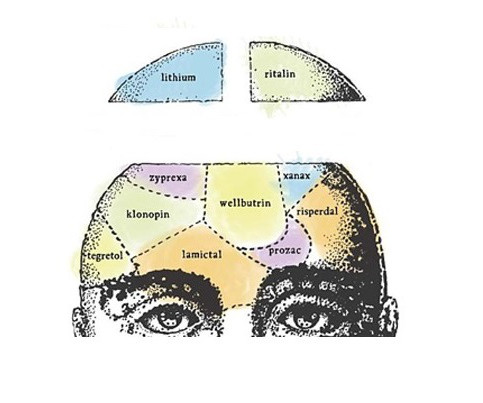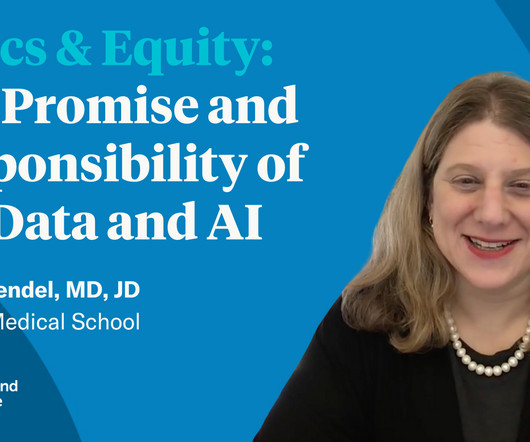New Guidelines on How to Accurately Convey ADHD Information
Mad in America
OCTOBER 17, 2024
W hen it comes to information on ADHD, there are no rules on what are considered good and bad practices. To this day, this results in websites, news messages and even academic textbooks that are very unbalanced and filled with fallacies. Unbalanced, for instance, in the sense that much emphasis is placed on brain and genetic studies that to this day have cost billions of dollars, while showing only very small associations—not providing any basis for biological screening.















Let's personalize your content